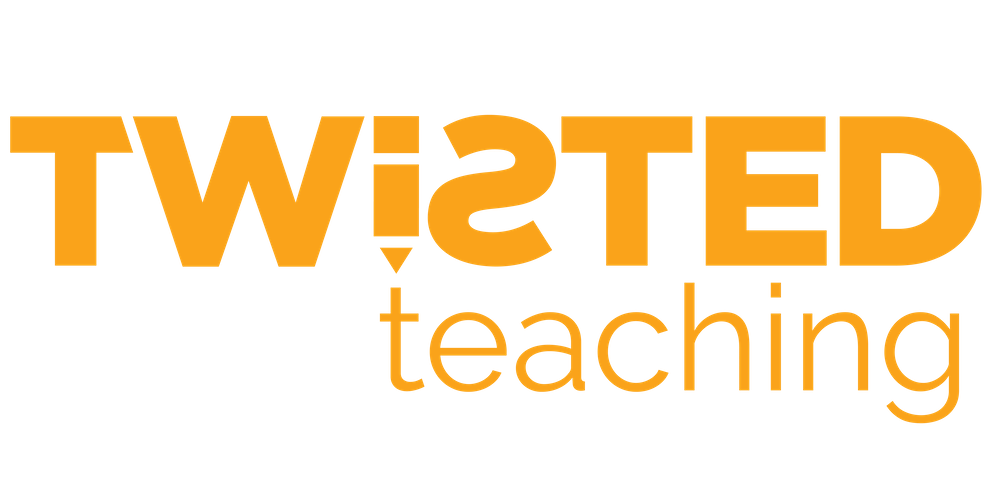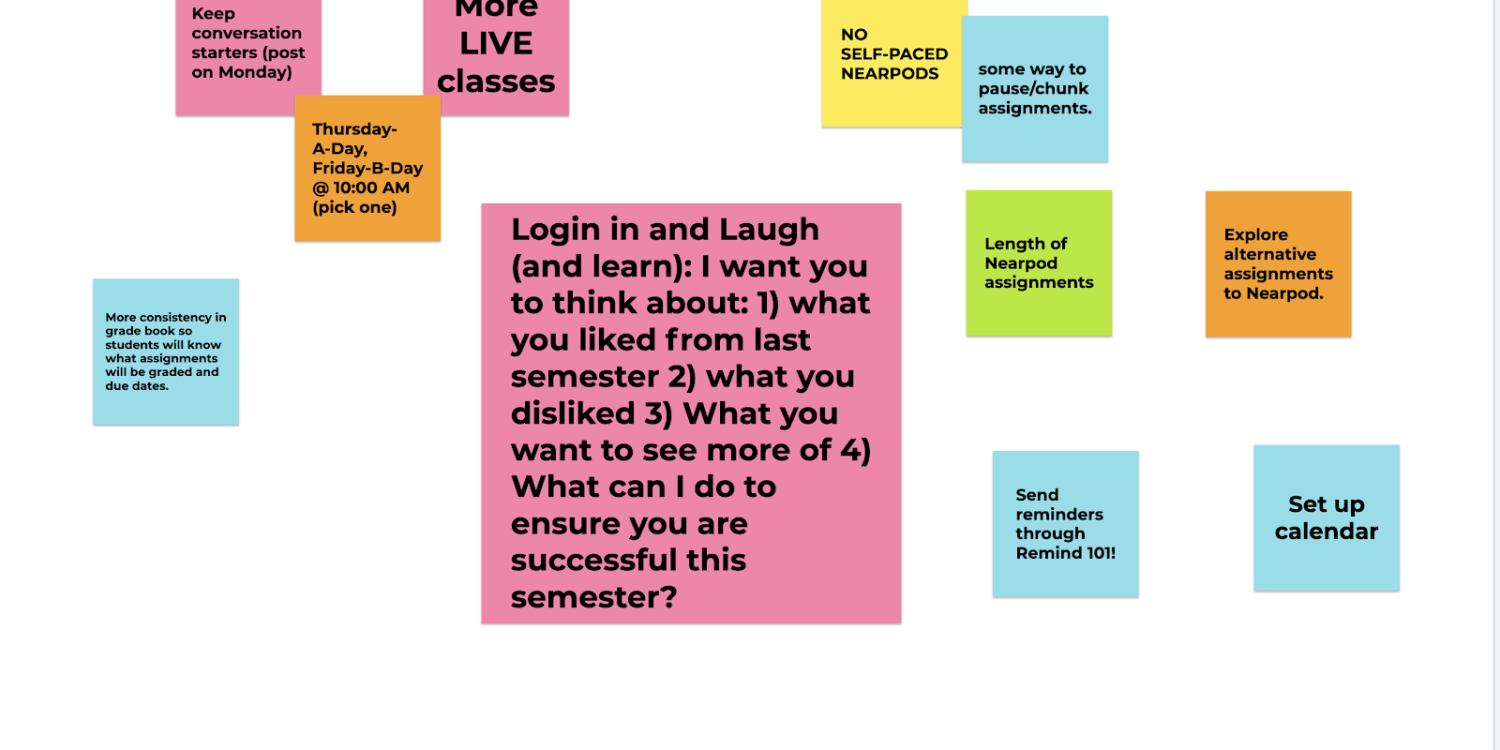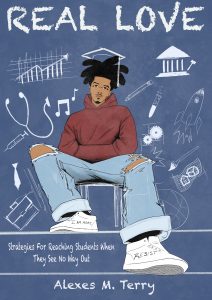I love the line from Field Dreams (1989), “if you build it they will come,” and actually find myself saying it often, or a version of it when working with teachers.
“If you ask they will tell.”
Many teachers express not fully knowing what their students need and how they can support their students socially, emotionally, culturally, and academically and my response is always: “if you ask, they will tell.”
Here’s the thing, when we ask our students questions related to the personal and academic needs, it keeps us from making assumptions about those needs and as well as making classroom decisions that will harm them or have a negative impact on their well-being.
Mother of Culturally Responsive Pedagogy–Geneva Gay–said it best, “culturally responsive educators know before they can and should do.”
Structure our classroom around the needs of our students is critical to creating a culturally responsive and caring classroom environment.
Caring for our students (versus caring about them), takes a level of intentionality to be deliberate and purposeful when it comes to attending to the needs that they have.
When we show that we care for our students we will see positive results in various areas of their personal identities and academic performance because we have improved their competence, agency, autonomy, efficacy, and empowerment.
Let’s admit it, we all want to feel cared for and perform better at whatever we are doing when we feel cared for. I know I do!
Our students are no different.
This week, I welcomed back my students for the Spring semester. What started off as a session that was like pulling teeth, ended in a session that would have never ended if I didn’t make them log off.
How did this happen? It was simple.
I asked them the following questions:
- What did you like about last semester?
- What did you not like about last semester?
- What would you like to do differently?
- What would you like to see more of?
- What can I do to ensure that you are successful this semester?
and when I asked…they came! The cameras came on, the smiles, came, the conversations started and it felt good to be back in their presence.
From centering their needs over my course objectives, they knew that I was genuinely invested in their well-being and academic success.
Ask them and they will tell! Here are SIX practices you can implement immediately to create a culturally responsive and caring classroom. All of the resources discussed below can be located in the TwistED Teaching Premium Membership Community (Try it FREE for 14 days)!
- Using JamBoard at the beginning of each week to allow students to give you feedback on the previous week.
- Use Connection Calendar prompts to spark genuine and authentic discussion with students about themselves, their families, and their communities.
- Use the My Word Jar Activity to hear from your students the words (and things) that empower them.
- Using the REAL Teaching Reflection Guide for students to provide you with feedback on a previous lesson and classroom environment and help you design a future lesson.
- Download the Inclusive and Responsive Classroom checklist and set goals to ensure your classroom is serving the whole needs of your students.
- Use the Student-Teacher Relationship Self-Assessment to evaluate and strengthen the student-teacher relationships within your classroom.
When we show students that we care for them, then we open up the doors for them to show up, show out, and reach their fullest potential.
I have never met a student who did not over perform for a teacher whom they knew 100% cared for them, cared for what was important to them, care for their communities, and cared for who they would become in the future.
Let’s show our students that we care for them.
Alexes is an educator, wife, mom of 4 amazing children, and the founder of TwistED Teaching Educational Consultant Company. She has over a decade of experience in teaching at high school, college, and graduate levels. Alexes is a doctoral student at Texas A&M University where she is pursuing a Ph.D. in Curriculum and Instruction with an emphasis in Urban Education. Her research interests include culturally relevant pedagogy, culturally responsive teaching, reality pedagogy, and teacher preparation. When she is not teaching, researching, or writing, she is supporting educators and moms in becoming better versions of themselves through health and wellness.




